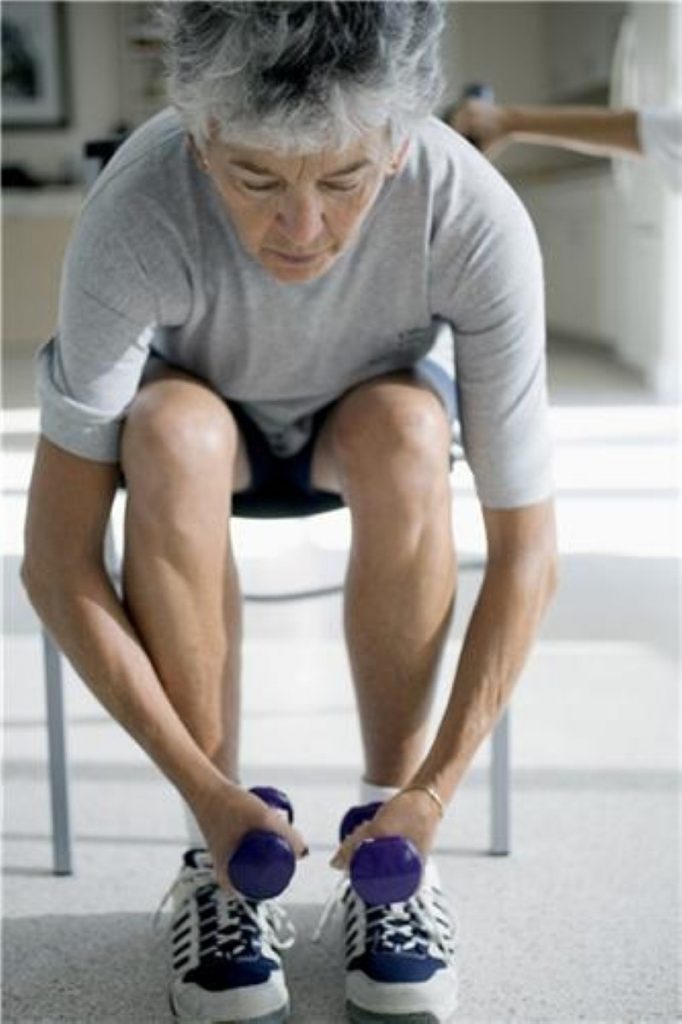‘Tag the elderly’, minister proposes
Science minister Malcolm Wicks has suggested tagging elderly people with dementia in order to track their movements.
Mr Wicks argued the move could provide reassurance to the families of an “increasingly frail and elderly population”, while allowing elderly people to live independent lives.
The tracking technology is normally associated with criminals, but Mr Wicks attempted to draw comparisons with satellites used to monitor climate and traffic flow.
Other uses for tracking technology should be considered, the minister told the Commons science and technology committee, including tracking vulnerable people.


He said: “If we are able to have traffic monitoring, shouldn’t we be able to do people monitoring where there are concerns?
“If we can bring the same technology together there – it will have to be sensitive as we need to avoid a Big Brother approach – there could be useful applications for the welfare state.”
Help the Aged agreed that the potential of new technologies should not be dismissed if they could afford dignity and opportunity to vulnerable older people.
“Clearly at first glance these proposals may smack of the Big Brother state,” said Kate Jopling, Help the Aged’s senior policy manager.
She continued: “Help the Aged wants to see more older people with dementia enabled to live as independently as possible in the community, and this might be a way of achieving this whilst minimising some of the risks.
“The key issue would of course be the involvement and consent of the individual, and their family and carers, to ensure that the technology means better care – not just care that’s cheaper or more convenient.”
A pilot project was launched in Devon in January, with dementia patients issued with bracelets with a unique ID code and telephone number.
Mr Wicks said experts had told him a national tracking scheme is viable.
With an ageing population, it is predicted that more than 1.7 million people will suffer from dementia by 2051. Currently, one in 88 people have dementia, although it is most prevalent among the elderly.
One in five over 80s have some form of dementia, with symptoms including a loss of memory, confusion and problems with speech.









